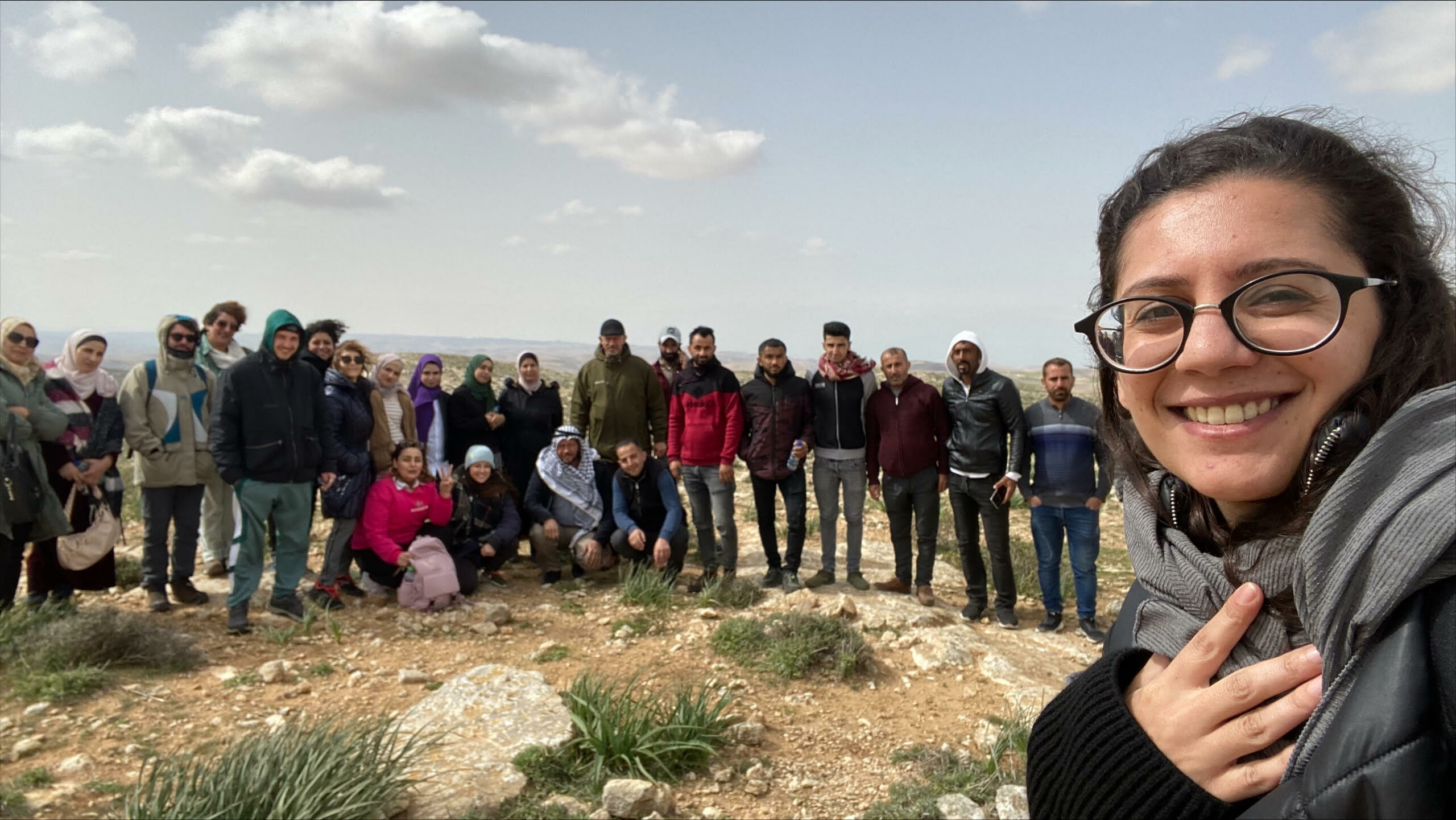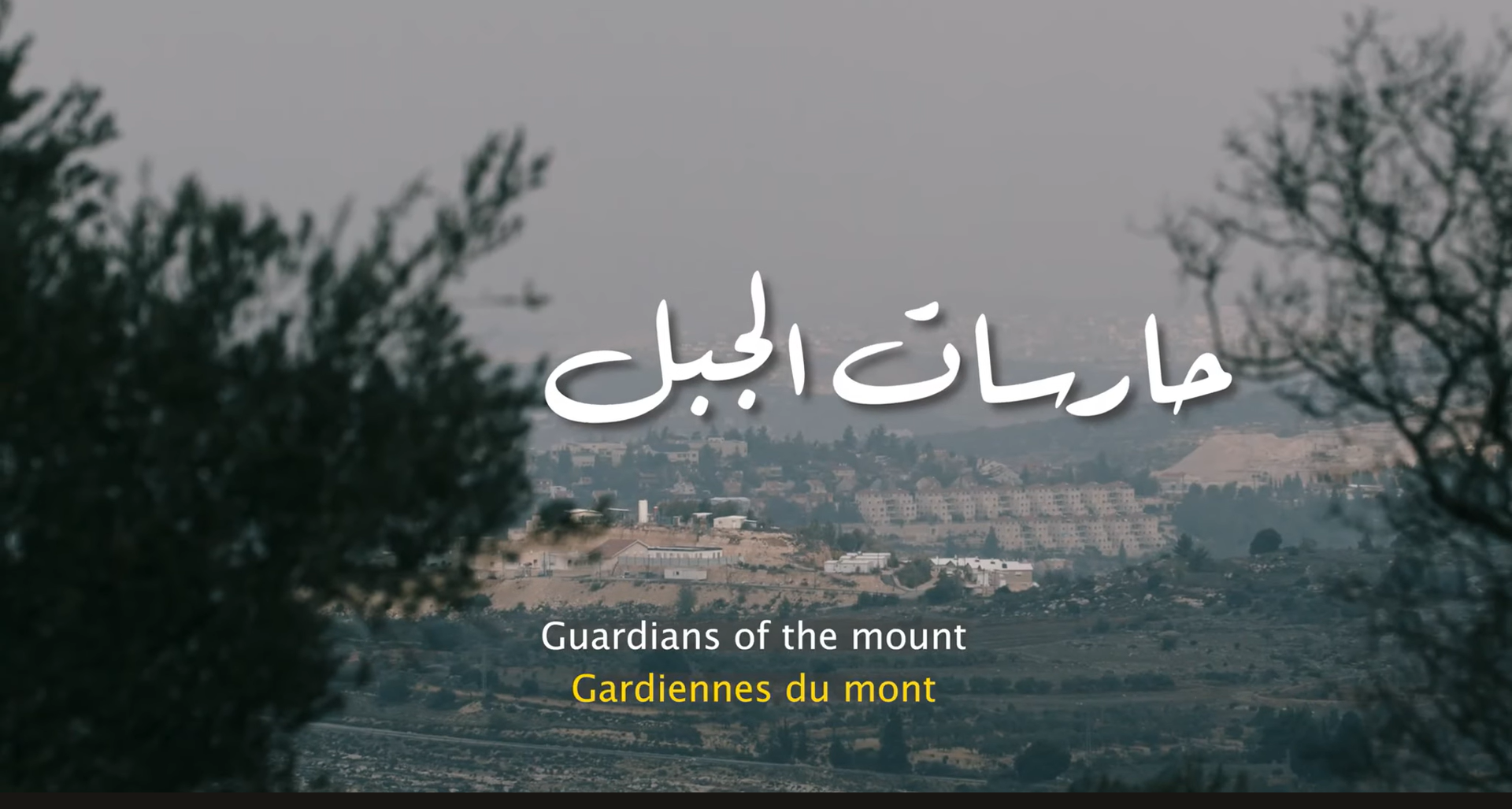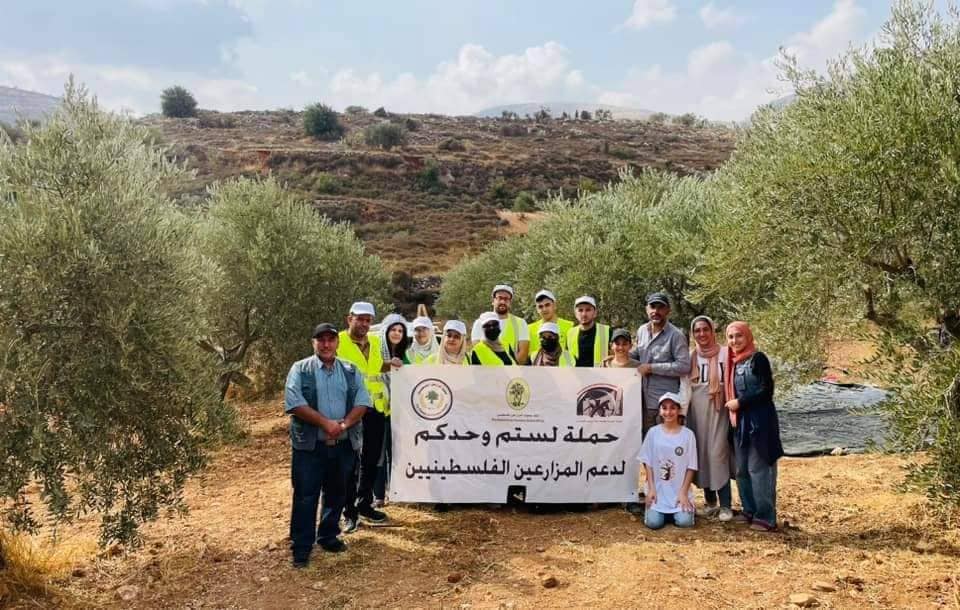The #StopWaterApartheid campaign
On February 10, 2022, 14 young activists from the Jordan Valley and the South Hebron Hills launched the #StopWaterApartheid Campaign. The #StopWaterApartheid Campaign is two-fold: 1) Actions on the ground to materially support and initiate alternatives to the man-made scarcity of water in Area ‘C’. 2) An advocacy initiative to call on governments across the world to hold Israel accountable for its water apartheid practices as part of the larger settler colonial and apartheid policies subjugating the Palestinian people.
The youth held a Zoom conference on February 10, 2022 called “Launching the Right to Water Campaign” to promote the campaign, where around 62 people attended, including journalists, activists, and representatives from local and international organizations. The conference included three main sessions,
which were as follows: (1) The right to water in international law. (2) International responsibility to uphold the right to water, considering Israeli control and theft of water in Palestine and its impact on Palestinian lives. (3) The racist Israeli occupation policies on the water issue and the role of official and civil institutions in supporting farmers’ steadfastness in areas classified as Area “C”.
The main recommendation the youth emphasized was: Mobilizing the local and international community to take immediate and tangible steps to stop Israeli ethnic cleansing policies in Area C. These practices are represented in water apartheid, especially in the Palestinian Jordan Valley and Masafer Yatta.
The #StopWaterApartheid Youth Group
The #StopWaterApartheid youth group is the fruits of years of mobilization and political education held to support youth in Area ‘C’ and engage them in their own struggle against Israeli settlement expansion and apartheid practices.
Members of the #StopWaterApartheid Campaign are navigating ways through which they seek to find alternatives to the man-made water scarcity caused by Israeli water apartheid practices. One ways through which organizers have been successful in achieving is rehabilitating old and abandoned natural water springs in various parts of the West Bank. Tactics will also include lobby meetings with diplomatic missions, PA institutions.
At international level
We have also worked to raise awareness with international audiences in third party countries. Through the #StopWaterApartheid Campaign, the youth activists have built alliances with grassroots water justice groups fighting against the privatization of water by multinational companies, environmental and climate justice movements. We have been able to exchange experiences of struggle and build joint solidarity.
Our participations internationally:
1) Alternative Water Forum, Dakar
2) African Water Apartheid network and African Water Justice Network
3) COP26/27
4) StopMekorot and End Israel’s Greenwashing



